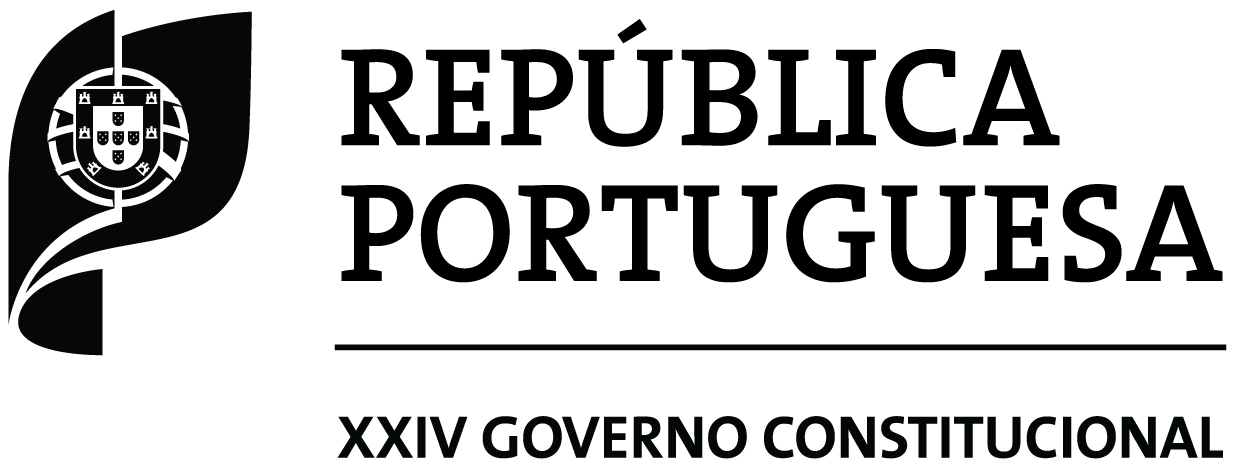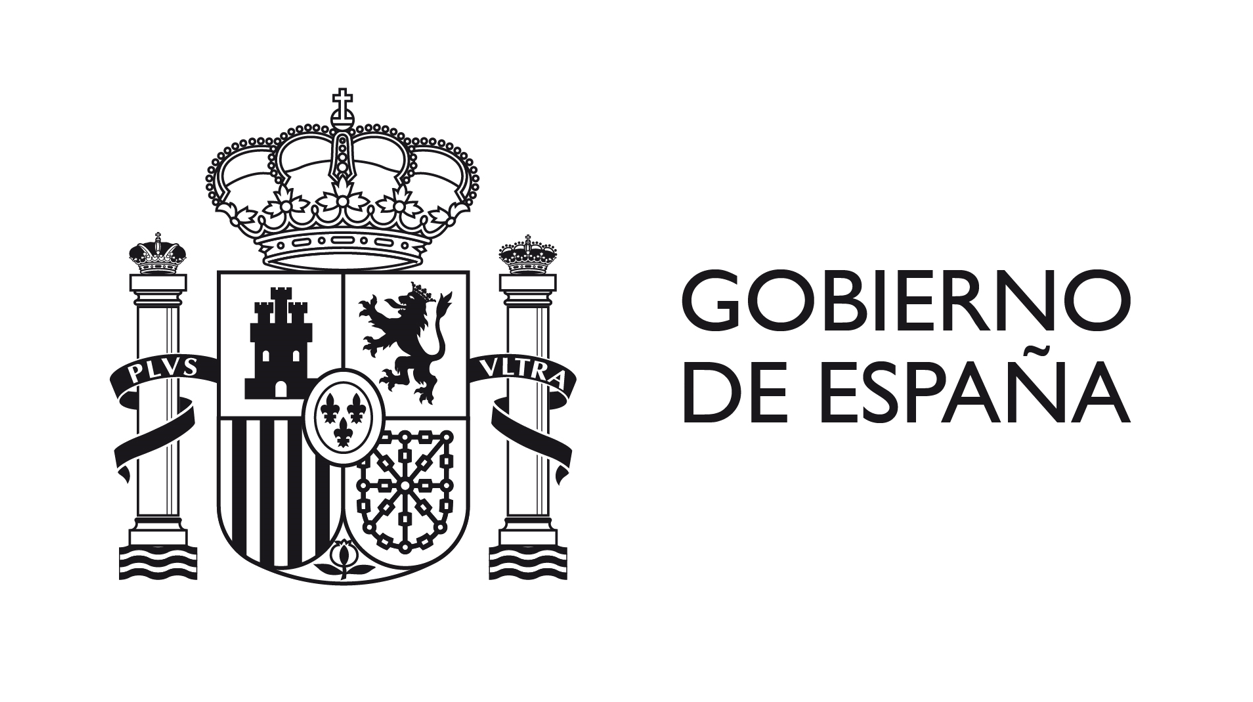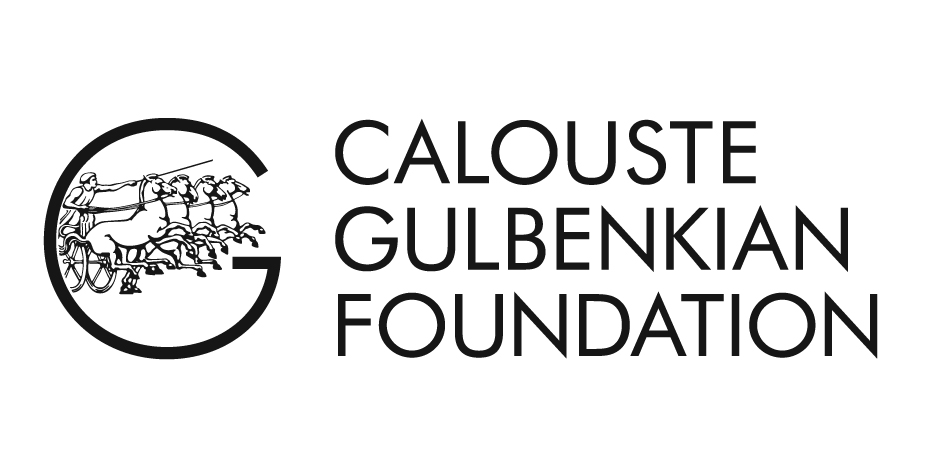Social protection systems are transitioning and reaching new frontiers as they respond to global megatrends. Some of these trends are well-known and predictable -- like population ageing – while others – like climate change and digitalisation – are more recent and present new challenges.
At the same time, social programmes have faced acute crises in recent years, as countries have tried to mitigate the socioeconomic impacts of the COVID-19 pandemic and the cost-of-living crisis. Adaptive and responsive social protection systems saved many lives and livelihoods through these crises, yet there is still significant room to improve.
With these lessons in mind – and with the known challenges ahead – how can OECD countries innovate and future-proof social protection for the years to come?
The OECD Social Policy Forum will bring together Ministers and other high-level policy makers, as well as a range of different stakeholders, including social partners, civil society and academia, to discuss these important issues. What are the main barriers to the long-term financial sustainability of social protection systems in the face of population ageing, and how can governments make reform happen? How can new digital technologies and data be mobilised to improve the coverage and delivery of social programmes? What are the most pressing employment and social challenges facing diverse groups? And what key social protection tools should be embedded in strategies for a fair green transition?
This High-Level Policy Forum on New Frontiers for Social Policy: Investing in the Future will take place on February 13, 2025 at OECD Headquarters in Paris, France, on the eve of the OECD Social Policy Ministerial Meeting. The Forum is organised by the OECD, in collaboration with the Ministry of Youth and Modernisation of Portugal led by H.E. Ms. Margarida Balseiro Lopes, Minister of Youth and Modernisation, and the Ministry of Labour and Social Economy of Spain led by H.E. Ms. Yolanda Díaz Perez, Second Vice-President and Minister of Labour and Social Economy, and in partnership with AARP and the Calouste Gulbenkian Foundation.






